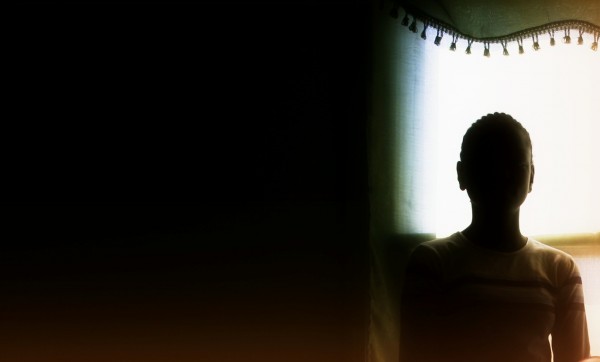Refugee women across Africa are subject to a range of gender-based violence from sexual assault to forced prostitution. In the most desperate cases, refugee women become sex workers to earn income in their countries of asylum when no other options are available to survive. This high-risk activity makes these women among some of the most vulnerable refugees, subject to physical violence, health risks and human trafficking. Bernadette is one such woman.
It’s the afternoon and RefugePoint’s Protection Officer in Dzaleka Refugee Camp in eastern Malawi is interviewing Bernadette and her family about their protection needs. Learning about her circumstance, the officer asks Bernadette directly how she became a sex worker in the camp.
“Where else can I get money?,” the Congolese mother of three responds. “I can’t work. I can’t leave.”
Bernadette is her children’s sole provider following the murder of her husband while in their home country. The same soldiers who killed her husband beat and raped her as well. Later, they returned and kidnapped Bernadette and forced her to work as a sex slave until she escaped in 2009 and sought refuge for her family in Malawi.
Unfortunately, the violence and exploitation she fled in the Congo followed her across the border. Unable to survive on the insufficient humanitarian aid available, Bernadette was forced to engage in survival sex. Men rotated through her family’s shelter until one day, a man molested her eleven-year-old daughter, Tshala.
Bernadette can hardly make eye contact with RefugePoint’s officer as she recounts the event. Her daughter, sitting next to her, flinches at any mention of the incident. Tshala tells the officer that her mother swore she would never accept a man’s visit again. Bernadette has kept that promise, but she is also fearful about how she will provide for her children and keep either of her daughters safe from further abuse as they grow up.
All three of Bernadette’s children are wearing pastel colored sweaters and have large, doe-like eyes that bind them as siblings. As the interview concludes and Bernadette prepares to leave, she wonders aloud if her children will remember their time in Malawi if they are ever granted resettlement or if they will forget it altogether.
“I hope they forget,” she says. “I want to forget, every day.”
With this statement, Bernadette’s second daughter ties the youngest son to her back with a swath of soiled purple fabric and they all exit the office — back into the camp.
*Names have been changed to protect the identity of the refugee and her family members.
